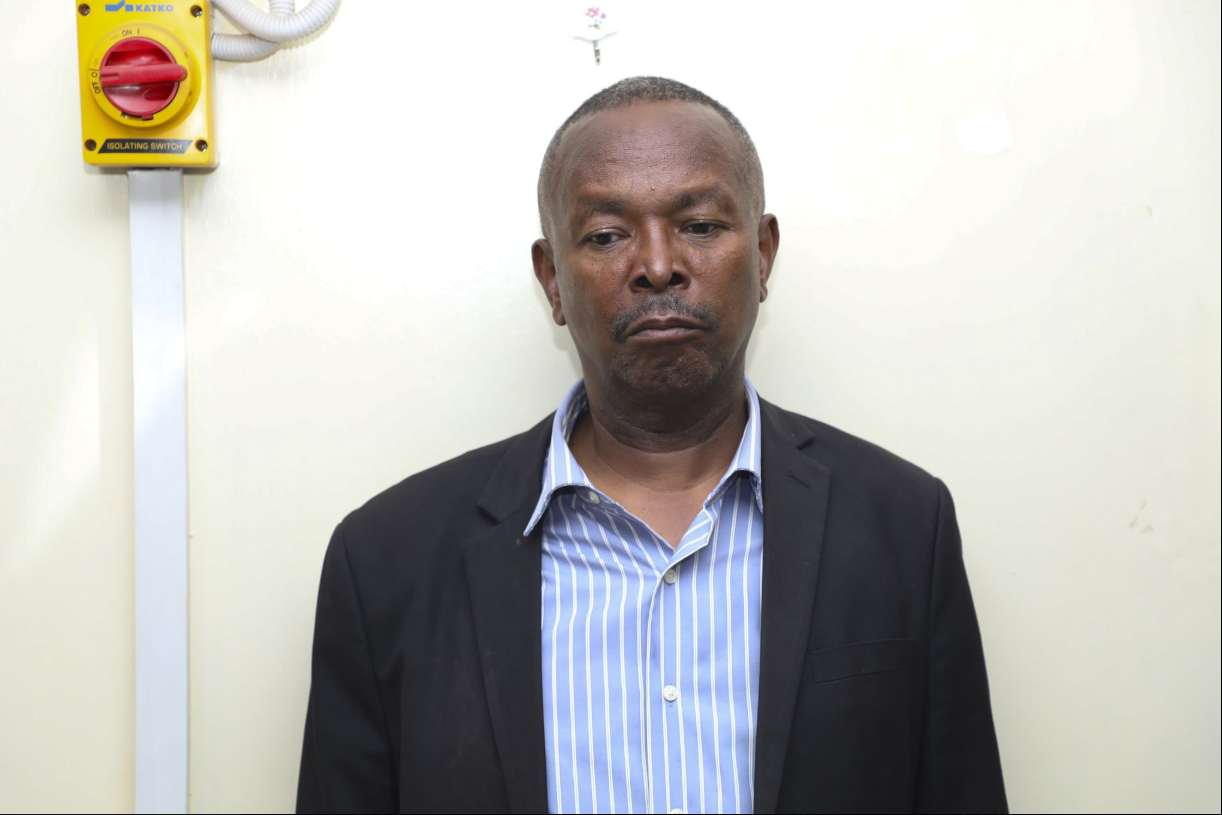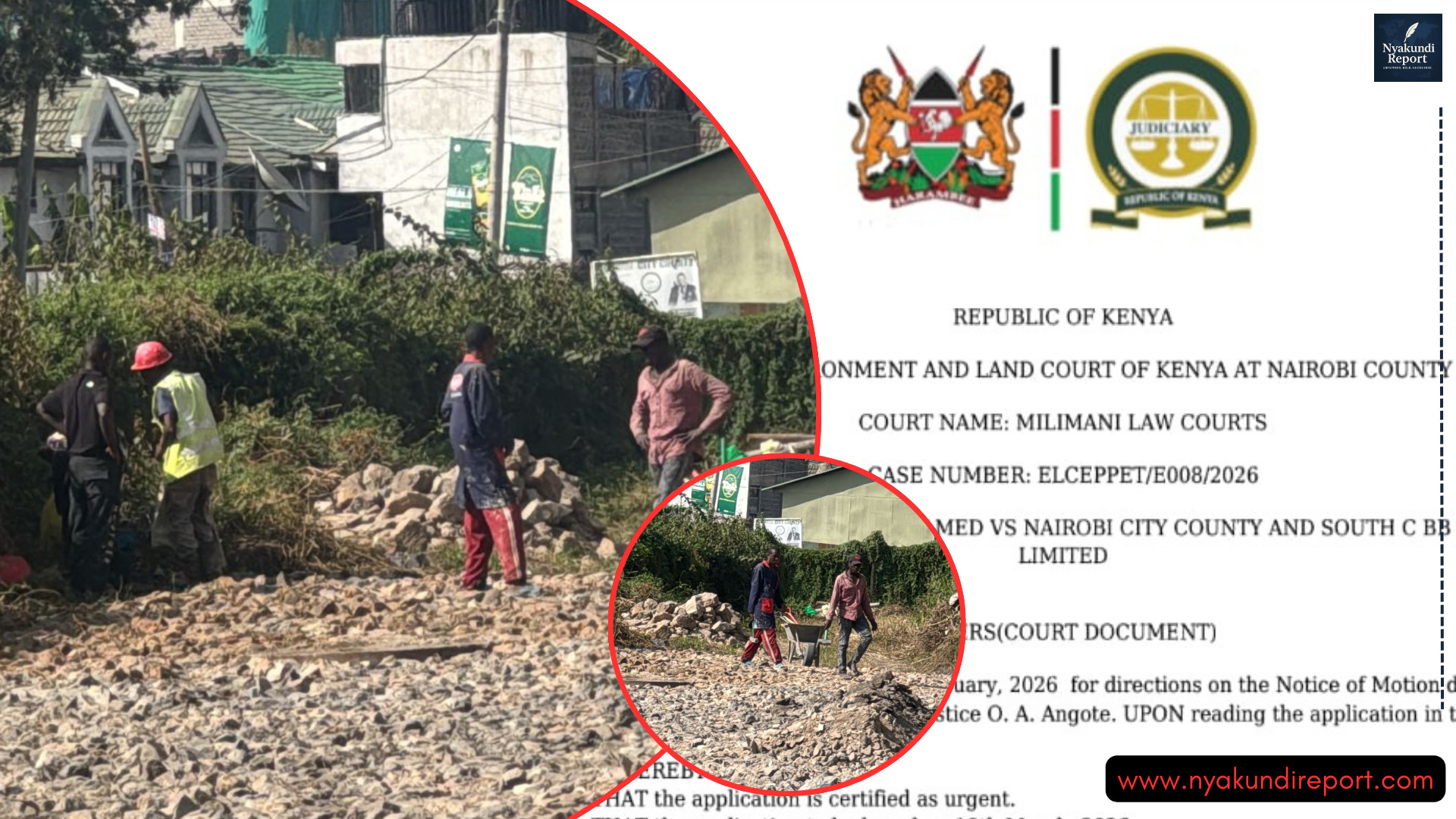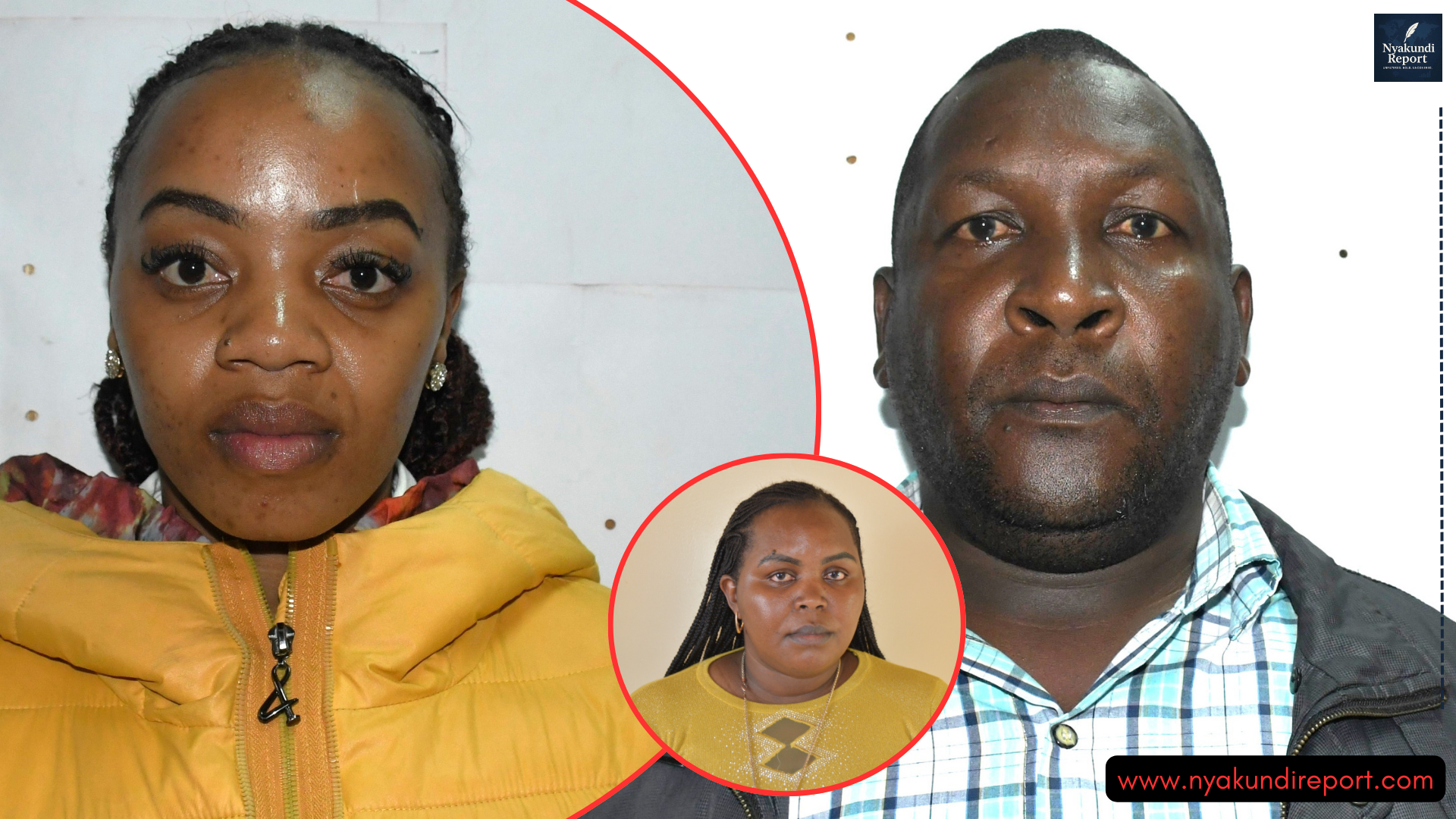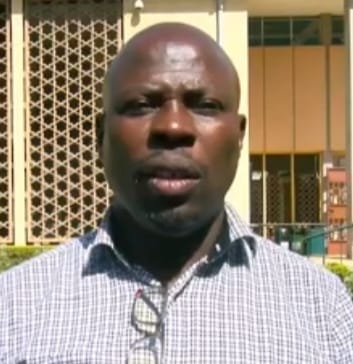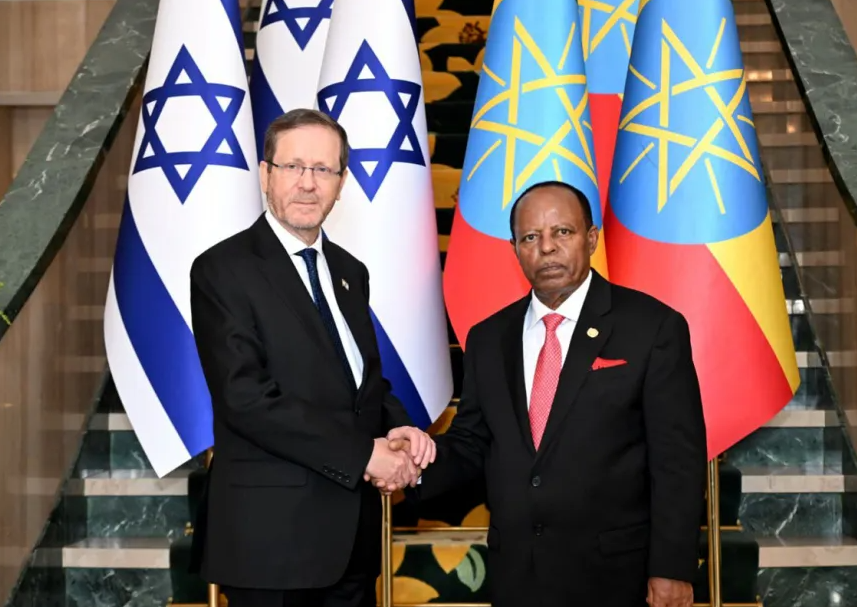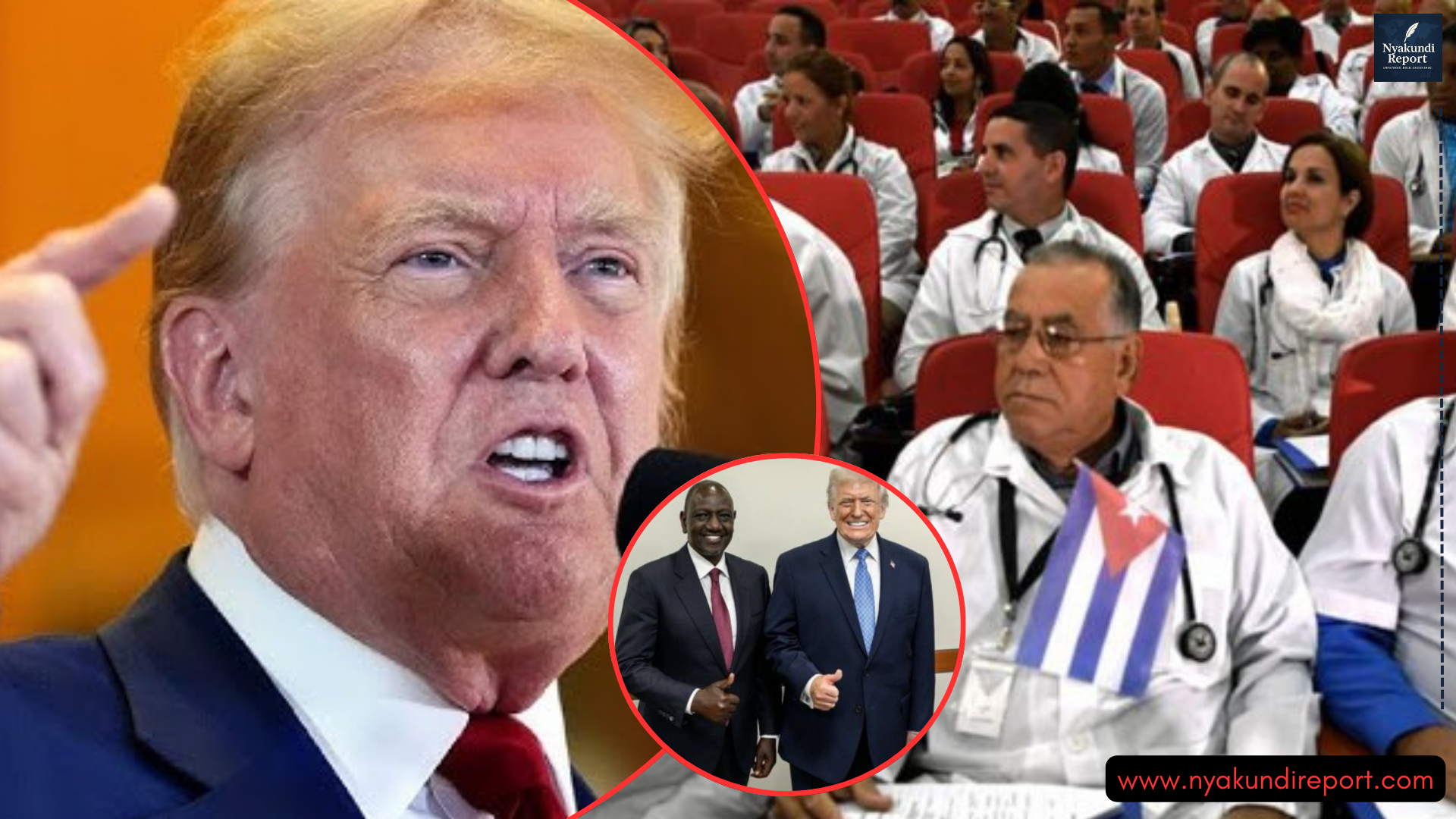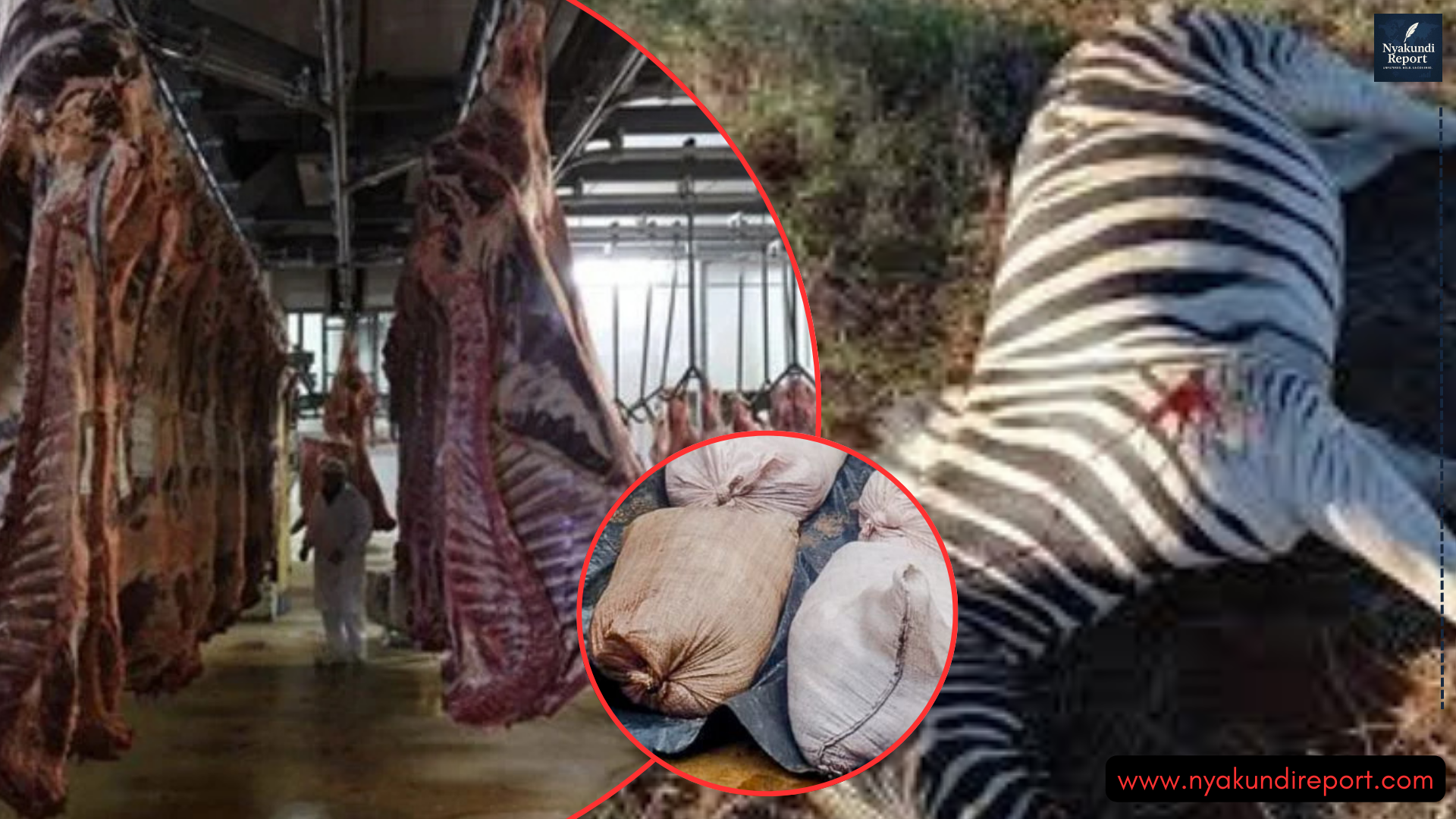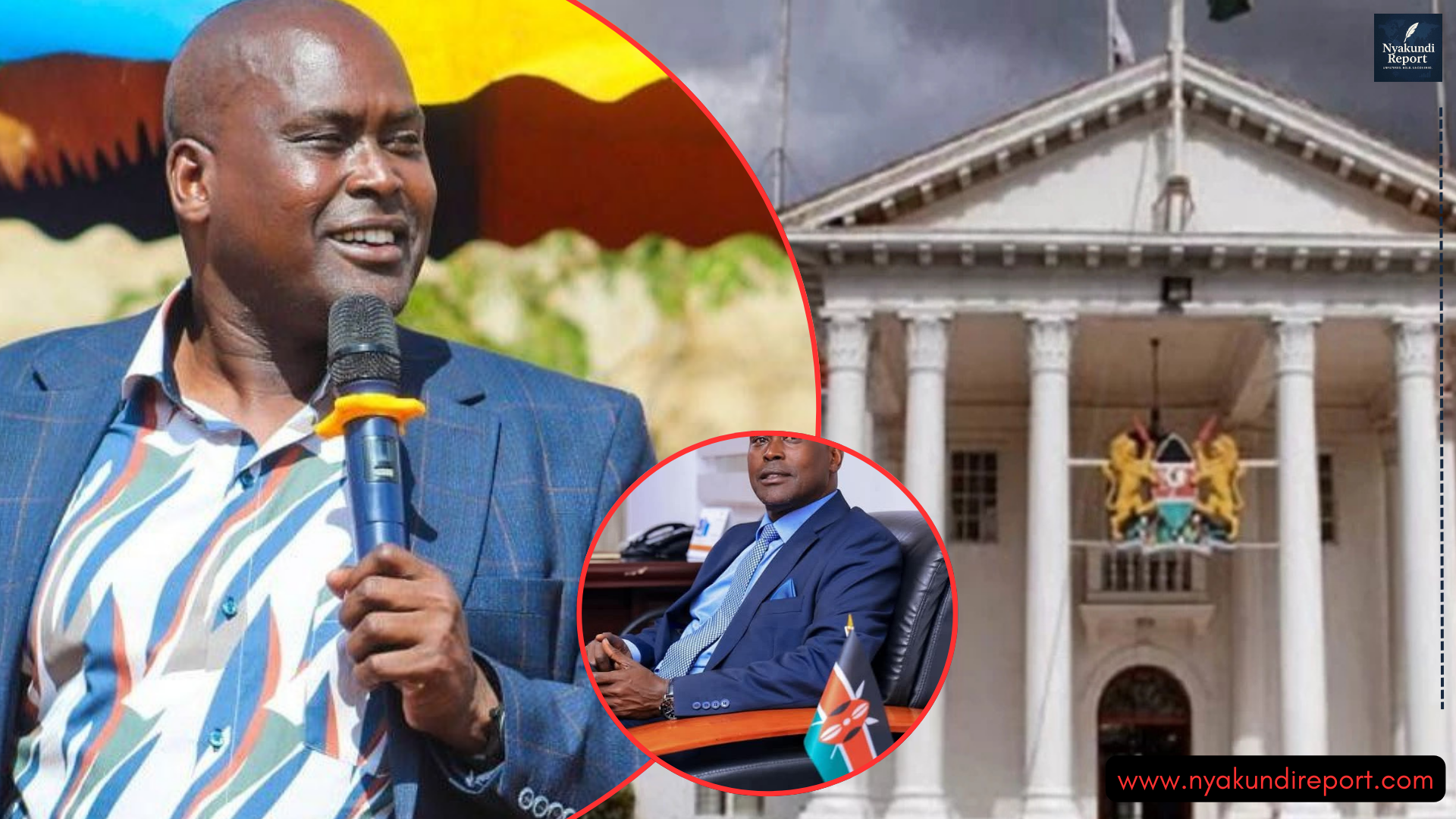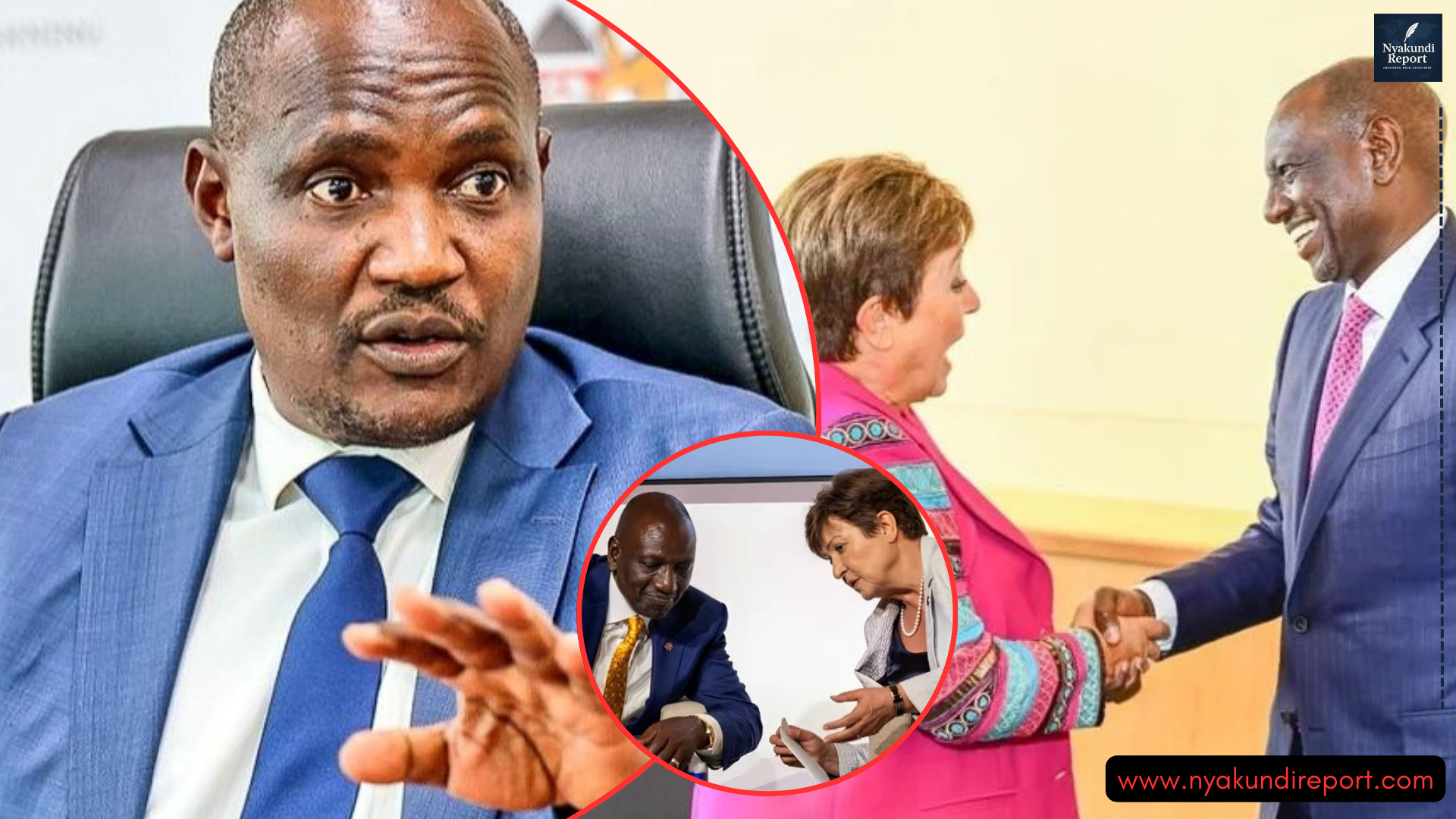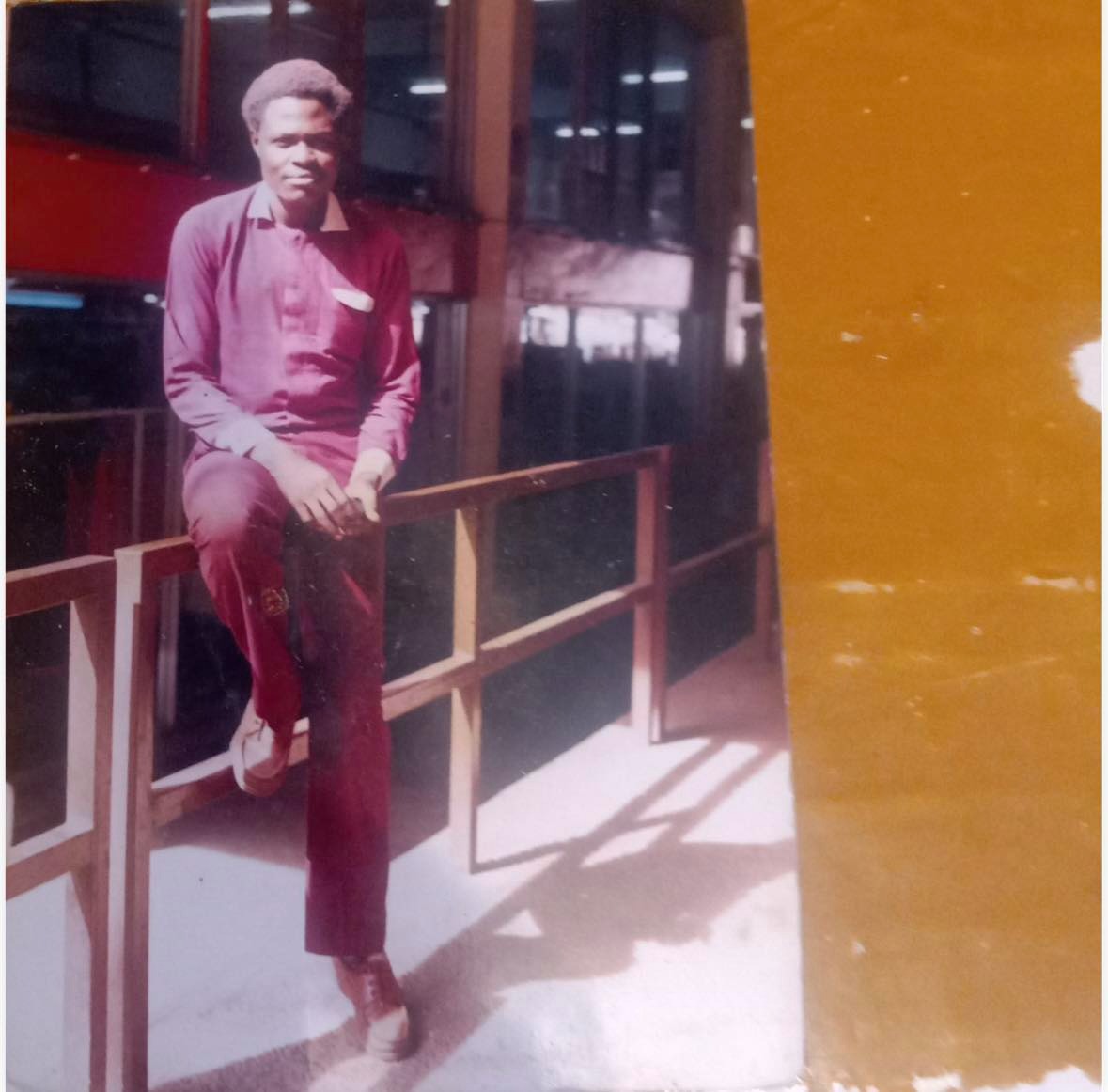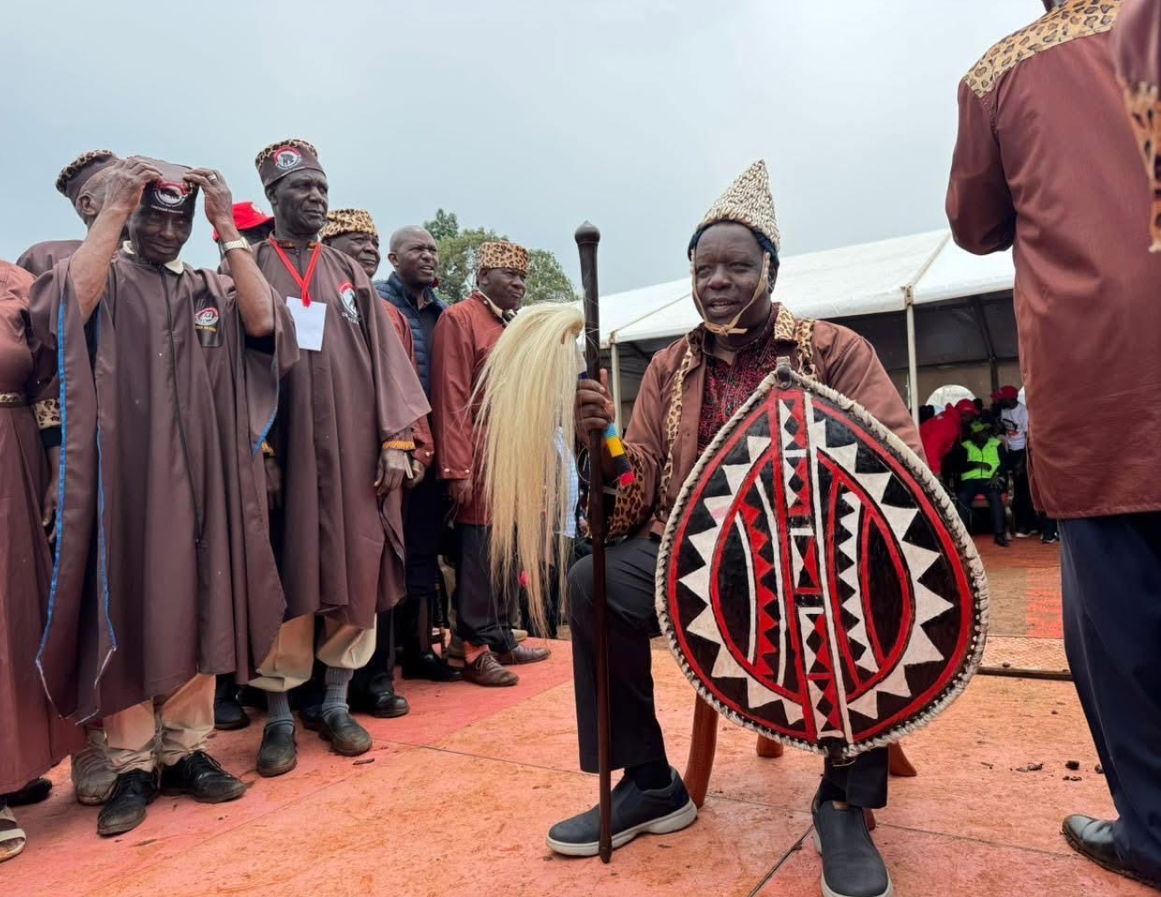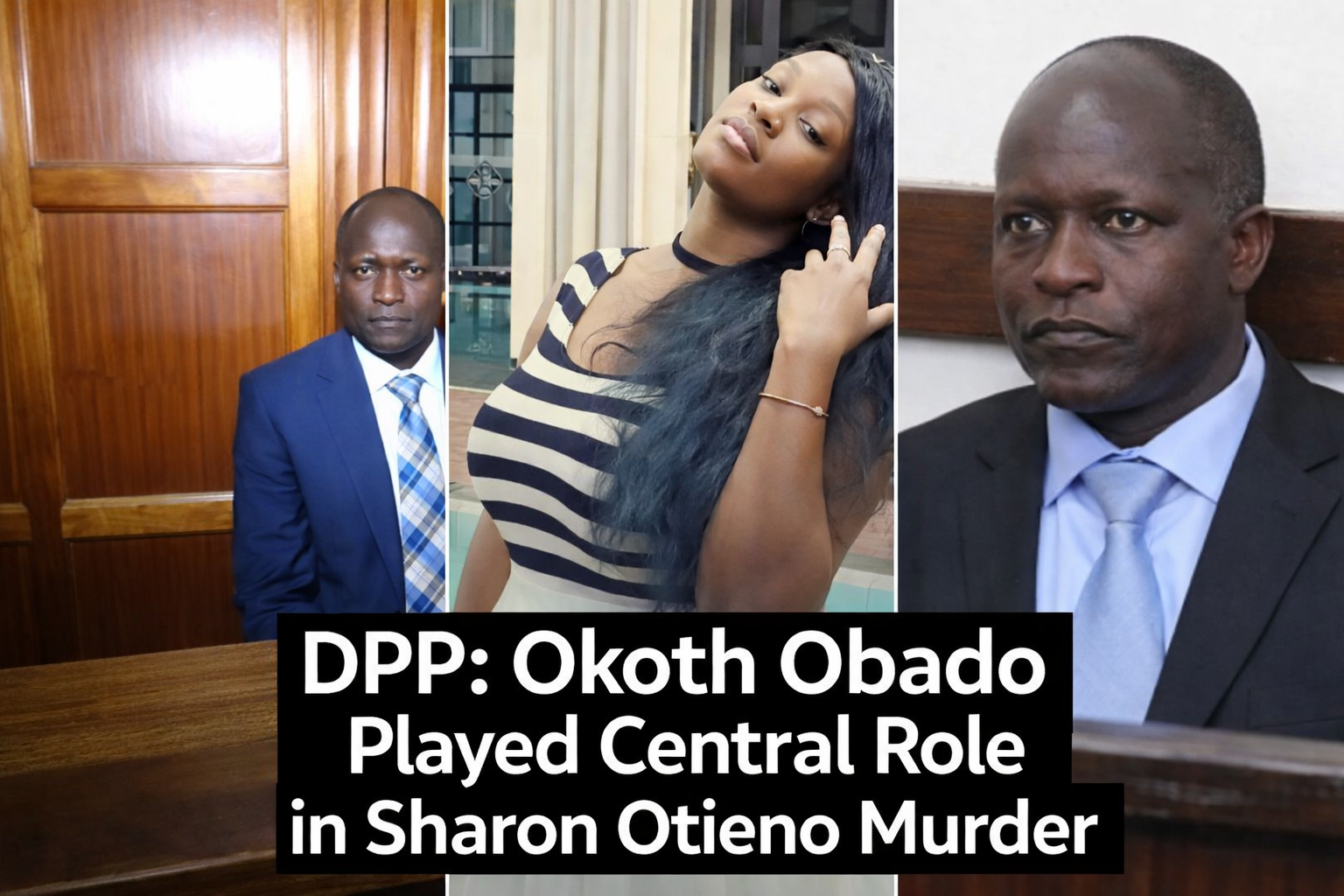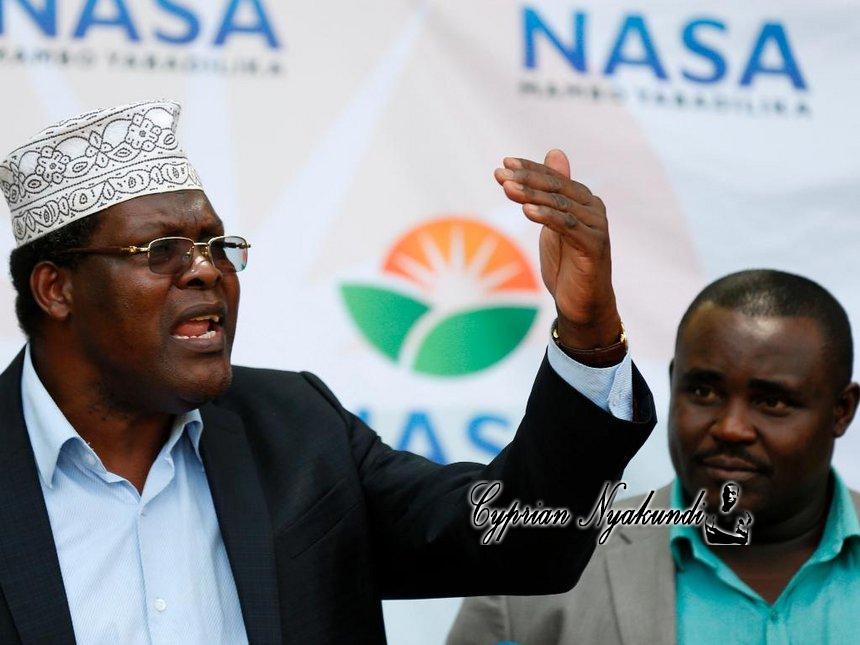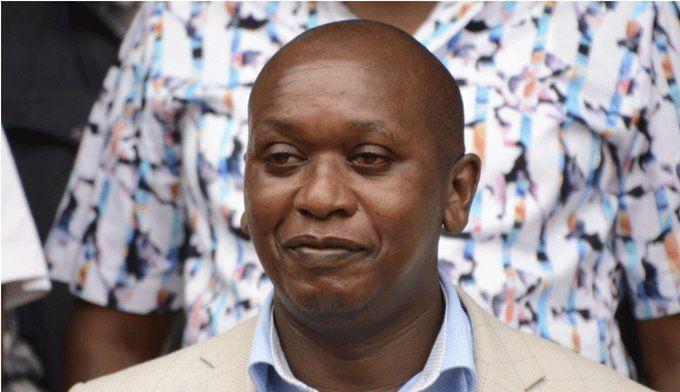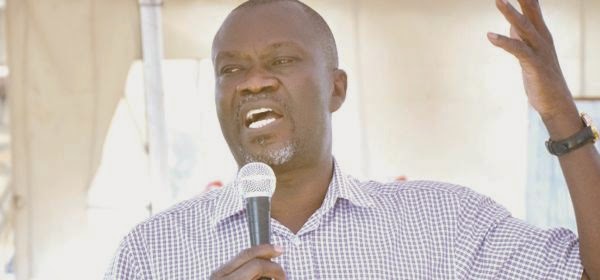In a bold move that sent shockwaves through Kenya’s political and religious circles, Kapseret MP Oscar Sudi and fellow politicians were silenced at the pulpit during a high-profile fundraiser in Githunguri.
The presiding bishop of the PCEA church, Peter Kinyanjui, took a hard stance against mixing politics with the Word of God, denying politicians a chance to address the congregation or publicize donations.
The incident has ignited national debate over the increasingly controversial presence of politics in places of worship.

Kiambu Bishop Blocks Sudi Church Donation Speech in Fiery Rebuke of Politicking at the Pulpit
Tensions were high on Sunday, April 13, when a routine church fundraiser in Githunguri turned into a spectacle of ecclesiastical resistance.
Kapseret Member of Parliament Oscar Sudi, who had attended the function alongside several political figures, was left visibly stunned after Bishop Peter Kinyanjui barred all politicians from addressing the PCEA congregation.
The church had organised the fundraiser to support the construction of a new sanctuary, a common occasion where politicians typically make hefty donations and use the opportunity to campaign subtly or boost their public image. However, Bishop Kinyanjui had other plans.
“As you have seen in the country in recent months, the PCEA Church was among the first to say that politicians should not speak at the pulpit,” he stated emphatically. He went further, using Sudi as an example of how church functions are hijacked for political grandstanding.
“Why? Because politicians will bring other agendas. For example, if I bring out Sudi, he will speak on other issues, and the church sermon will be forgotten,” the bishop declared.
The statement was not just a rebuke—it was a direct challenge to the growing trend of politicians turning sacred altars into campaign stages.
Oscar Sudi Reacts: “It Is Us Who Spoilt It”
Despite the clear and public warning, Sudi was later seen in a quiet exchange with Bishop Kinyanjui, seemingly negotiating for a brief moment to address the congregation.
The bishop reluctantly gave in, and when Sudi finally took the microphone, he delivered a surprisingly reflective response.
“Bishop, you’ve enforced what I have been thinking of all this while,” he began. “It is us politicians who have spoilt it for ourselves because we talk politics in church.”
In what appeared to be an attempt to redeem himself, Sudi clarified, “Maybe the bishop does not know me, but I am a Christian. What you have done is right.”
Still, his statement did little to undo the damage or shift focus from the bishop’s hard-hitting rebuke. The incident raises critical questions about the place of politics in religion—a longstanding and controversial relationship in Kenya.
Churches have often been used as platforms for politicians to court voters under the guise of philanthropy. Sudi’s blocked church donation speech, and the subsequent drama, may just signal the beginning of a major reckoning.
With the 2027 elections looming on the horizon and political temperatures already rising, religious leaders are increasingly finding themselves at a crossroads: continue allowing politicians to hijack their altars or reclaim the sanctity of the pulpit.
Bishop Kinyanjui’s public call-out of Sudi sets a precedent—one that may embolden other clergy to follow suit.
In a country where politics often mingles with every sphere of life, the separation of church and state may finally be getting its moment of truth.
As for Sudi, his uncharacteristic humility may win him a few points with the faithful, but the larger narrative is clear: the pulpit is not a podium, and the message of the cross must not be diluted by the noise of campaign slogans.

